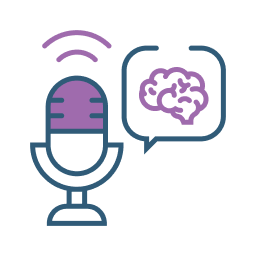About NMOSD
NMOSD is a rare
autoimmune disease
that impacts the
central
nervous system
The effects of NMOSD on your body can be life-changing
While the root cause of NMOSD is unknown, most people with the disease test positive for anti-aquaporin-4 autoantibodies (anti-AQP4 antibody positive). Others with NMOSD may not have these autoantibodies (anti-AQP4 antibody negative) or may instead have myelin oligodendrocyte glycoprotein (MOG) antibodies.
In anti-AQP4 antibody-positive NMOSD, part of your immune system called "the complement" damages your central nervous system, which consists of your brain, spinal cord, and eyes. This damage can potentially impact your vision, mobility, and much more leading to permanent symptoms and disability.
The symptoms of NMOSD can include:
-
 Blurry vision or blindness in one or both eyes
Blurry vision or blindness in one or both eyes
-
 Painful spasms
Painful spasms
-
 Weakness or paralysis in the legs or arms
Weakness or paralysis in the legs or arms
-
 Numbness or loss of sensation throughout the body
Numbness or loss of sensation throughout the body
-
Sexual dysfunction
-
Anxiety
-
 Sleeping problems
Sleeping problems
-
 Persistent hiccups
Persistent hiccups
-
 Persistent nausea/
Persistent nausea/
uncontrollable vomiting -
 Bladder or bowel dysfunction
Bladder or bowel dysfunction
-
Brain fog
-
Depression
Not everyone experiences the same symptoms. NMOSD attacks can come on suddenly and may result in irreversible disability, so it's important to talk to your doctor about finding the right NMOSD treatment for you.

Some people are at greater risk than others for developing NMOSD
Women are 5 times more likely to develop NMOSD than men
People of African and Asian ancestry are diagnosed with NMOSD more often than people of Caucasian ancestry



